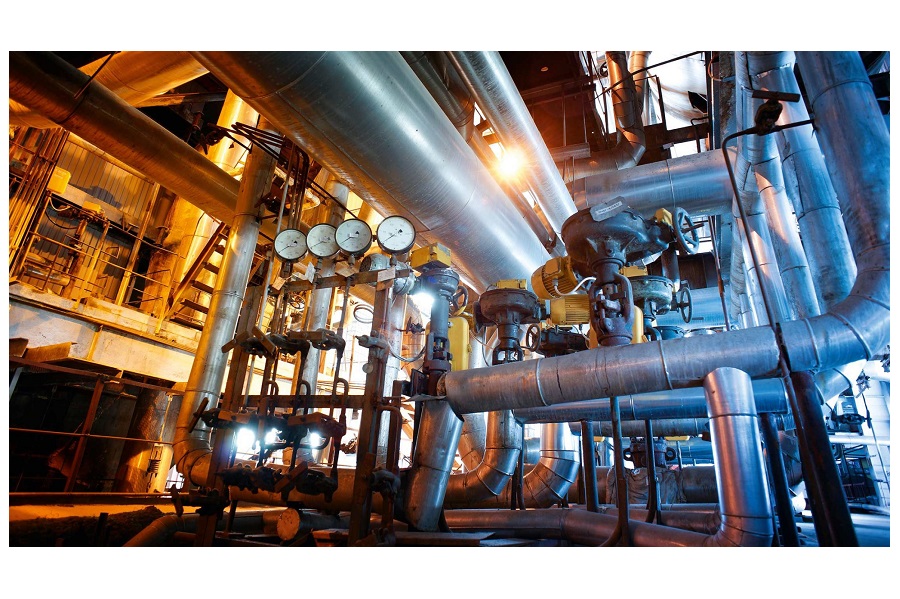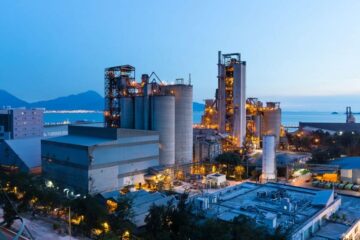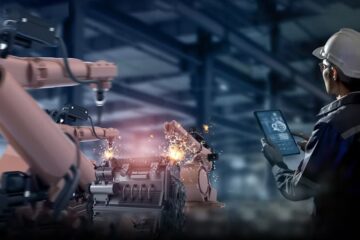
Introduction: The Indispensable Backbone
Industry is the unsung hero of modern life—a vast, interconnected organism quietly shaping the world we live in. From the smartphones in our palms to the towering skyscrapers defining our skylines, industry is the heartbeat of progress, the engine that converts raw ideas and raw materials into products, services, and systems that elevate human existence. Though often concealed behind factory walls or embedded within supply chains, industry is everywhere, fueling economies, employing millions, and driving the relentless march of innovation.
The Evolving Definition of Industry
Traditionally, industry referred primarily to manufacturing—the mass production of goods in factories. Over time, its scope expanded, encompassing not only the assembly lines and industrial parks but also sophisticated sectors like technology, energy, pharmaceuticals, and renewable resources. The modern interpretation includes any organized economic activity that transforms inputs into valuable outputs on a large scale.
Core Sectors of Industry:
-
Primary Industries: Agriculture, mining, forestry, and fishing—extracting and harvesting natural resources.
-
Secondary Industries: Manufacturing and construction—turning raw materials into finished or semi-finished products.
-
Tertiary Industries: Services such as logistics, IT, consulting, and distribution—facilitating the flow and delivery of goods.
-
Quaternary Industries: Knowledge-based sectors like research and development, design, and financial services.
Each layer interacts with the others in a delicate, interdependent dance that keeps modern civilization in motion.
The Industrial Revolution: A Turning Point
No conversation about industry is complete without acknowledging the Industrial Revolution. Beginning in the late 18th century, this era marked a seismic shift in human history—when handcrafting gave way to mechanization and mass production. Steam engines, textile mills, and later, electricity and assembly lines transformed agrarian economies into industrial powerhouses.
The revolution did more than multiply output; it redefined labor, urbanized societies, and paved the way for the modern capitalist economy. Today’s advanced factories, automated warehouses, and smart production facilities stand as descendants of that first wave of industrial upheaval.
Industry in the 21st Century: A Landscape Transformed
The industry of today is defined by speed, adaptability, and digital integration. Concepts such as Industry 4.0 describe a new phase of intelligent manufacturing, where cyber-physical systems, big data, artificial intelligence, and the Internet of Things (IoT) converge to create smart factories capable of unprecedented efficiency and customization.
Key Features of Modern Industry:
-
Automation: Robotics and AI handle repetitive tasks, minimizing human error and maximizing consistency.
-
Sustainability: Green manufacturing, renewable energy integration, and circular economies aim to balance production with environmental stewardship.
-
Globalization: Supply chains span continents, connecting raw material suppliers in Africa with factories in Asia and consumers in Europe and America.
-
Innovation: Continuous research and development keep industries agile and responsive to changing consumer demands and technological advancements.
The Human Element: Workforce and Skill Evolution
Despite the dominance of machines and algorithms, people remain the beating heart of industry. Workers adapt alongside technology, taking on roles that demand creativity, problem-solving, and sophisticated technical knowledge.
Skills Shaping the Modern Industrial Workforce:
-
Technical Proficiency: Operating complex machinery, understanding coding, and managing AI systems.
-
Analytical Thinking: Using data to optimize processes and troubleshoot inefficiencies.
-
Sustainability Literacy: Implementing practices that minimize waste and energy consumption.
-
Soft Skills: Communication, teamwork, and adaptability—qualities that no machine can replicate.
As industries evolve, so must education systems and training programs to equip workers with relevant skills for the jobs of tomorrow.
Challenges Facing Industry
For all its triumphs, industry is not without its shadows. Its impact on the environment, local communities, and global inequality is significant. Factories consume vast amounts of energy, emit greenhouse gases, and generate waste that threatens ecosystems. Unethical labor practices and unsafe working conditions remain stark realities in parts of the world.
Key Issues That Demand Attention:
-
Climate Change: Industries must drastically reduce carbon footprints and adopt renewable energy sources.
-
Ethical Sourcing: Supply chains must be transparent and fair, respecting labor rights and human dignity.
-
Automation Anxiety: As machines replace repetitive jobs, economies must invest in retraining and job creation to prevent mass unemployment.
-
Resource Scarcity: Sustainable resource management is crucial to prevent depletion and ensure future generations can thrive.
Forward-thinking industries are embracing these challenges not as obstacles but as catalysts for transformation and innovation.
Industry and Society: An Interwoven Tapestry
Industries do more than produce goods; they shape communities and entire nations. Industrial hubs like Detroit, Manchester, and Shenzhen have become symbols of prosperity—and sometimes cautionary tales of over-reliance on a single sector. When industries thrive, they generate jobs, stimulate local businesses, and attract infrastructure investments. When they decline, cities can crumble under unemployment and economic stagnation.
The relationship between industry and society is symbiotic: communities provide labor, resources, and culture, while industries return value through wages, innovation, and community development. It is a delicate balance that requires thoughtful governance and corporate responsibility.
The Road Ahead: A Blueprint for Responsible Industry
Looking to the future, industry must evolve with a dual focus: technological advancement and ethical responsibility. Smart factories, renewable energy plants, and sustainable supply chains will define the next industrial era. Equally vital is an unwavering commitment to human welfare, environmental stewardship, and equitable economic growth.
Pathways to a Better Industrial Future:
-
Circular Economy Models: Reuse, recycle, and repurpose materials to minimize waste and resource consumption.
-
Renewable Integration: Invest in solar, wind, and other clean energies to power production.
-
Inclusive Growth: Create policies and programs that ensure no worker is left behind in the march toward automation.
-
Global Collaboration: Tackle cross-border issues like climate change and labor rights through international cooperation.
Conclusion: Celebrating Industry’s Enduring Legacy
At its core, industry is a story of transformation—a testament to humanity’s capacity to imagine, build, and reinvent. From the smoke-filled foundries of the past to the pristine, data-driven factories of today, industry has continuously adapted to meet the world’s shifting demands.
It is more than machinery and output; it is people, places, and possibilities. As we stand at the cusp of a new industrial age, one driven by sustainability and smart technology, our challenge is clear: to harness industry’s immense power responsibly, ensuring it remains not just the engine of growth, but also a guardian of our shared future.
Latest Posts
-
What sustainable materials are used for gift cards?
July 20, 2025
Recent Posts
- What sustainable materials are used for gift cards? July 20, 2025
- Transforming Spaces: The Importance of Professional Strip-Out Services July 16, 2025
- The Symphony of Creation: Unveiling the Intricate World of Productions July 10, 2025
- The Art and Science of Influence: Decoding the Dynamic World of Marketing July 1, 2025
- Industry Unveiled: The Silent Engine Powering Modern Civilization June 10, 2025











